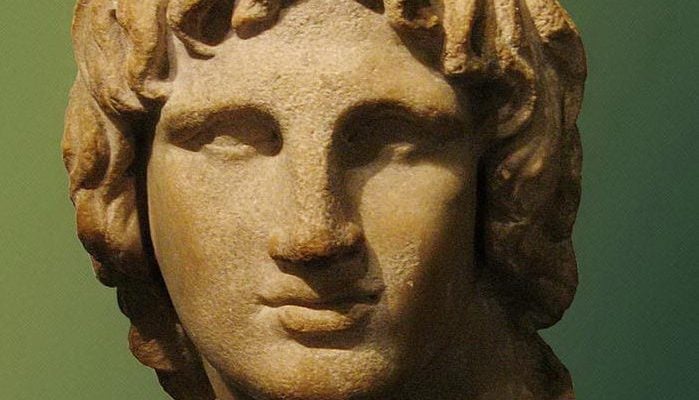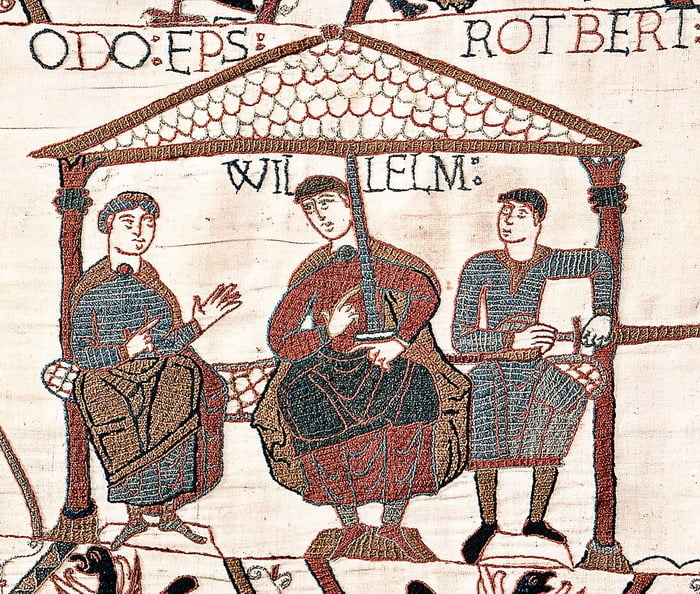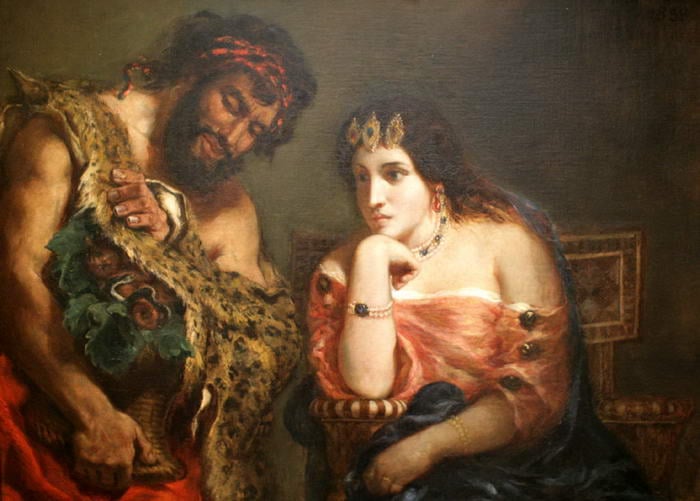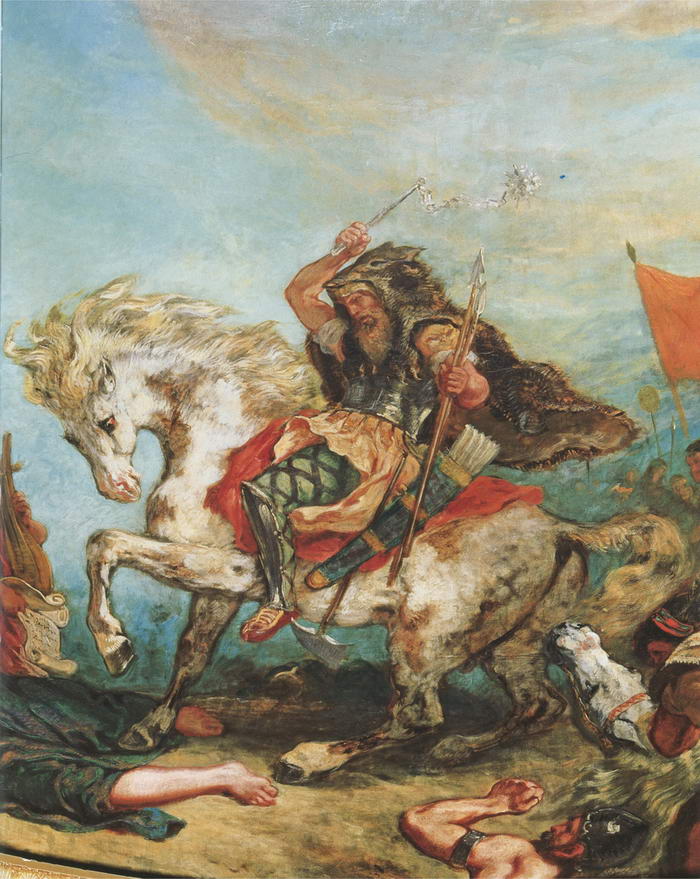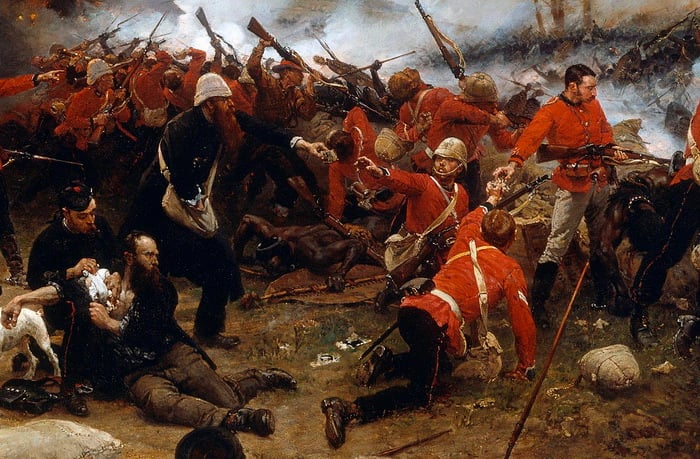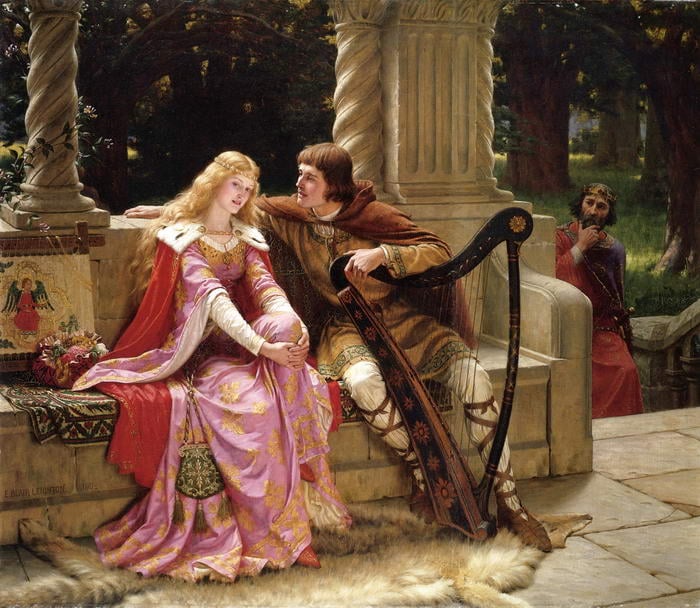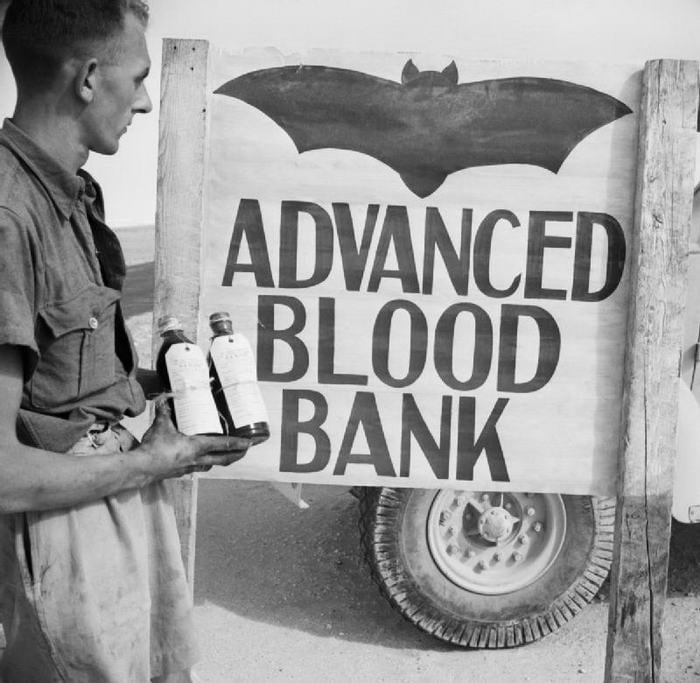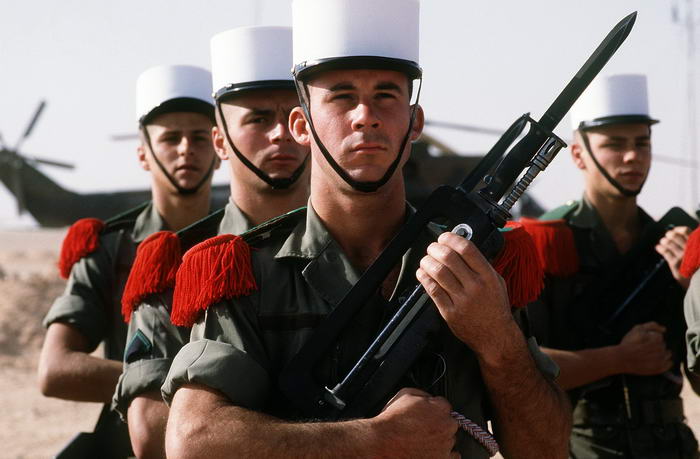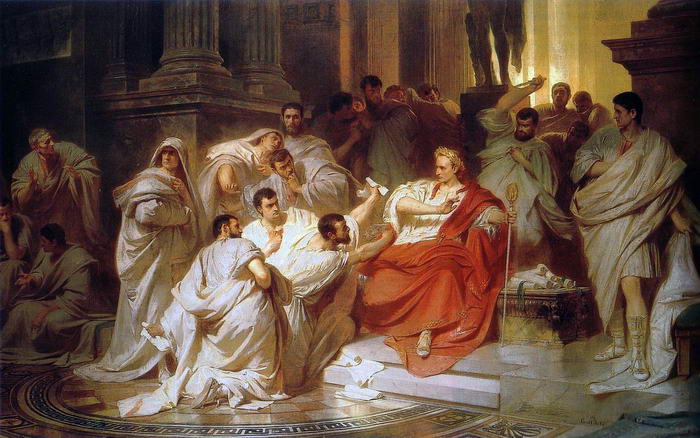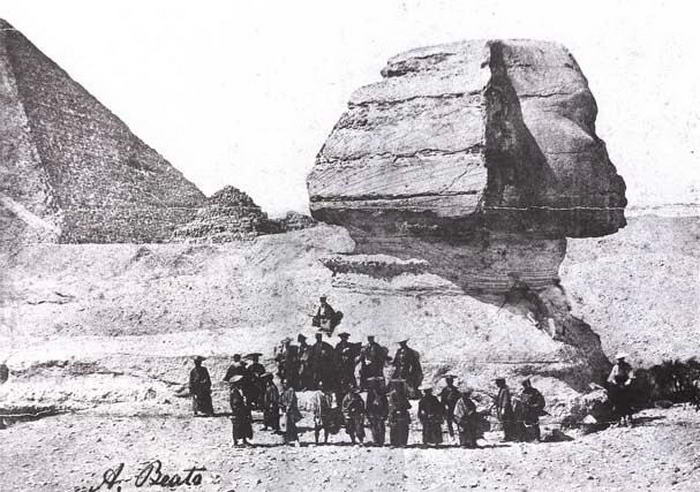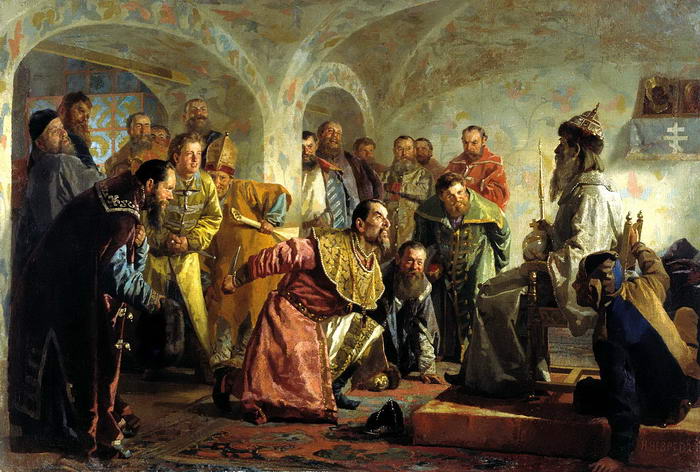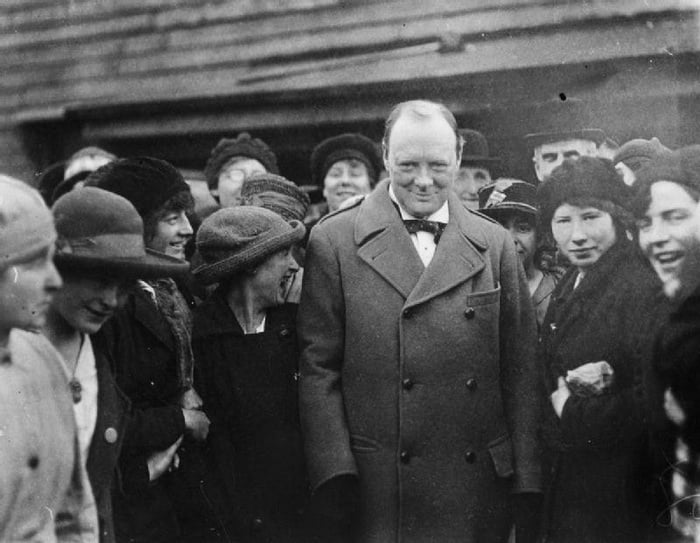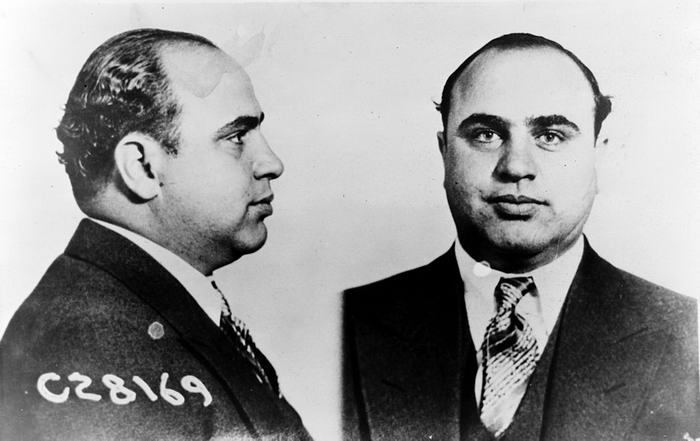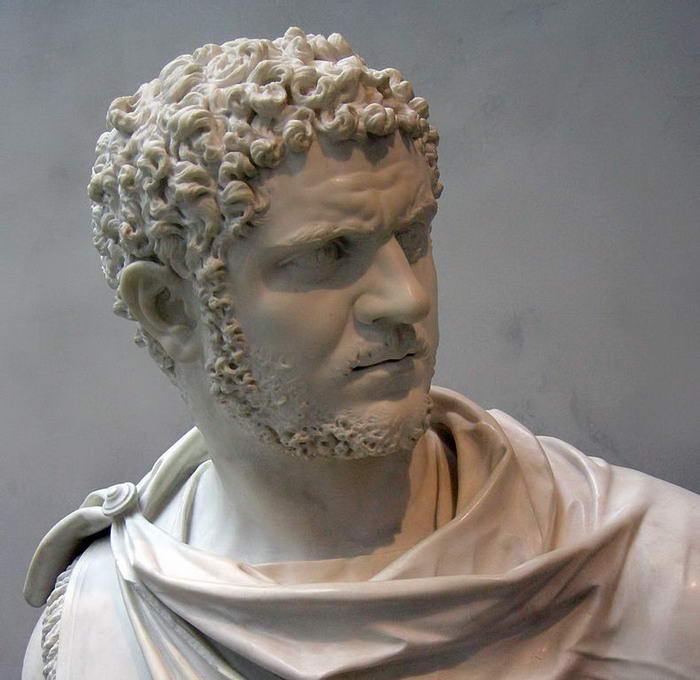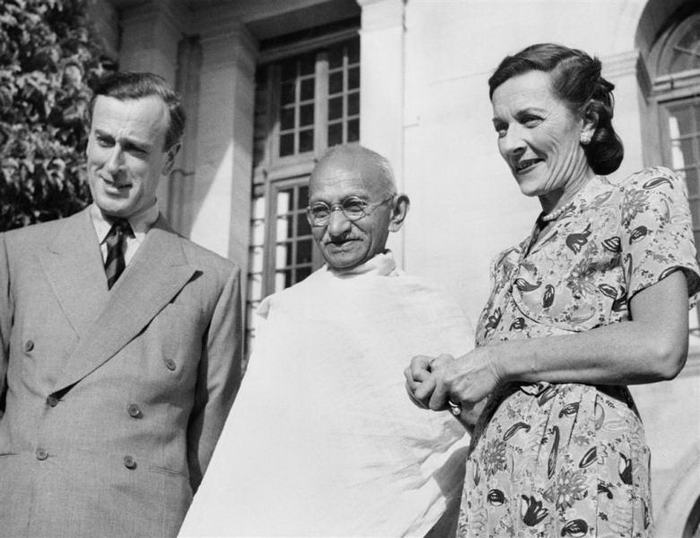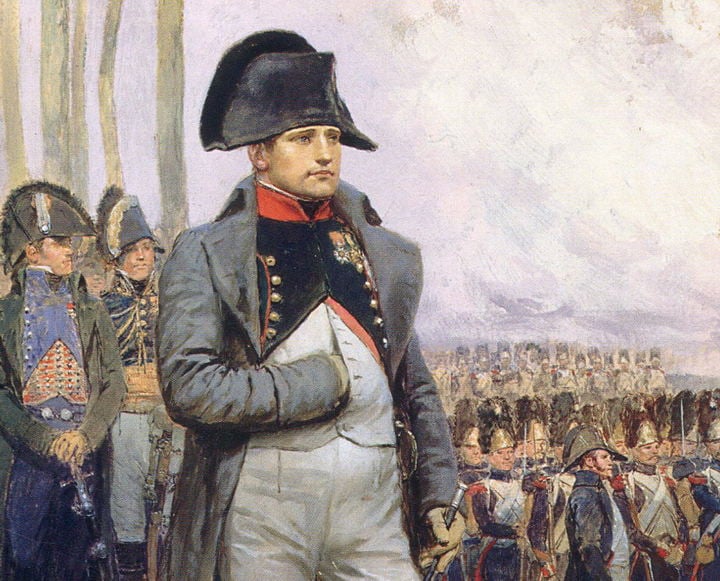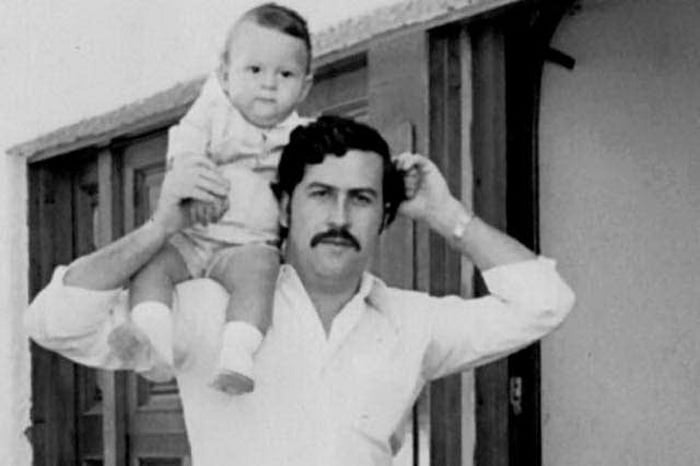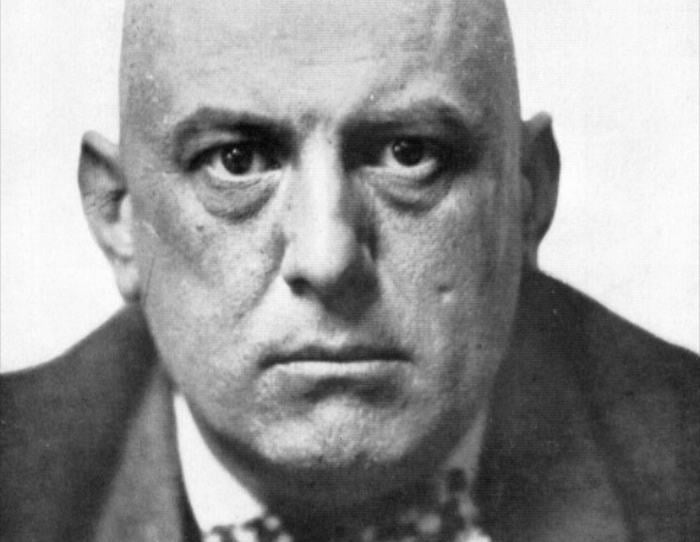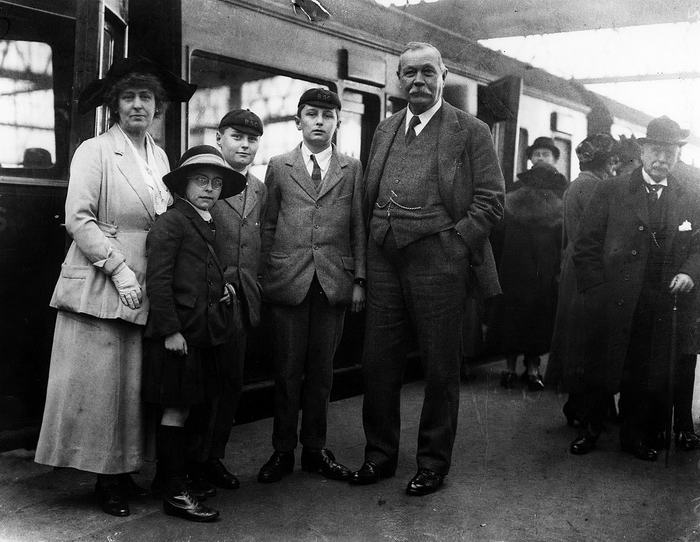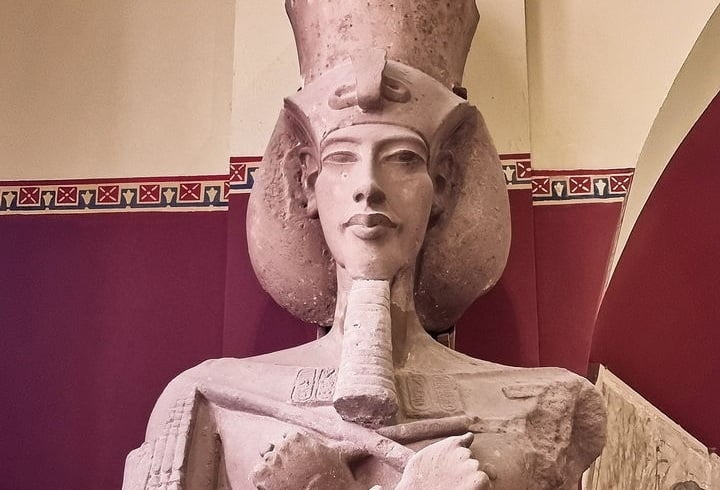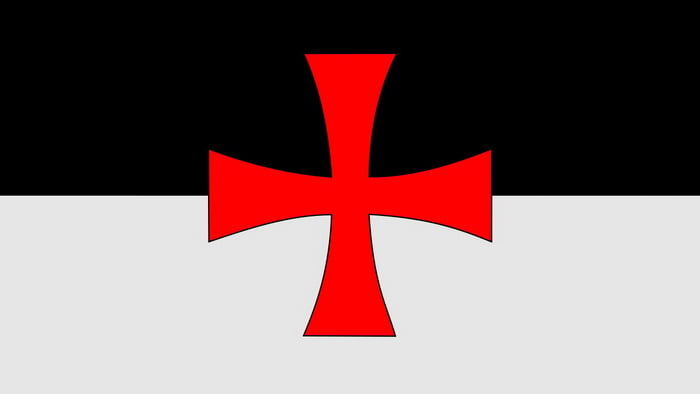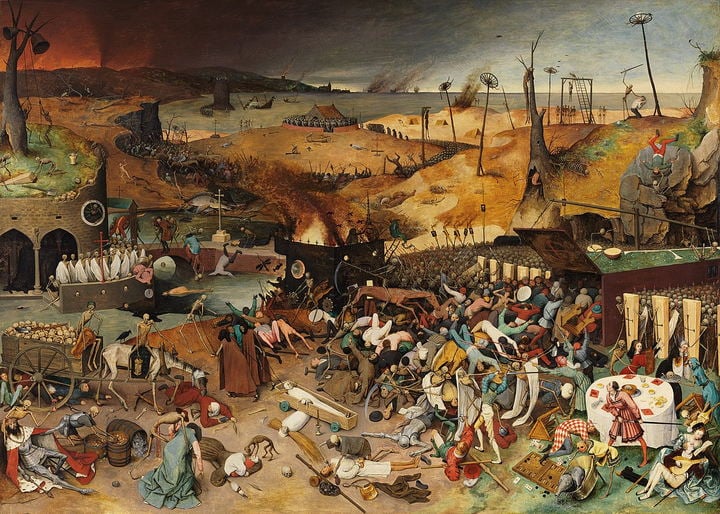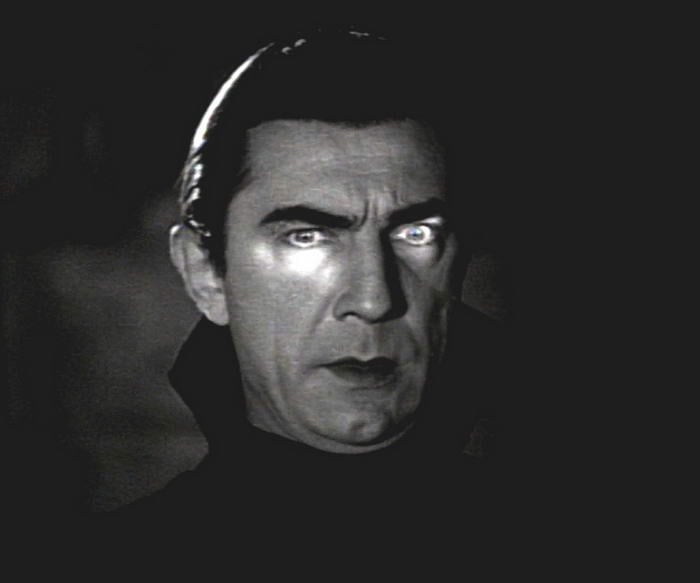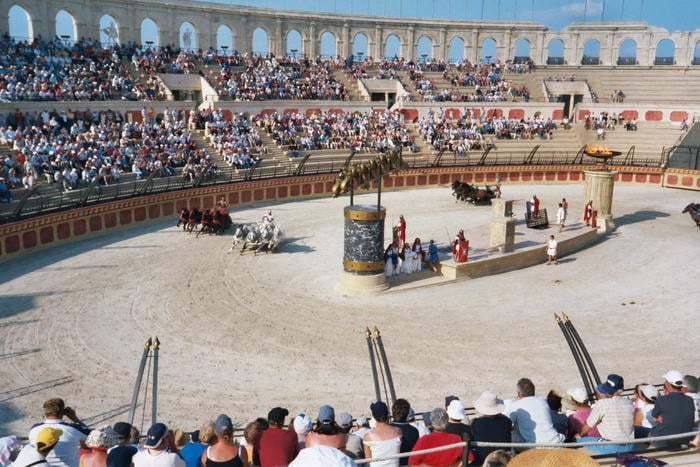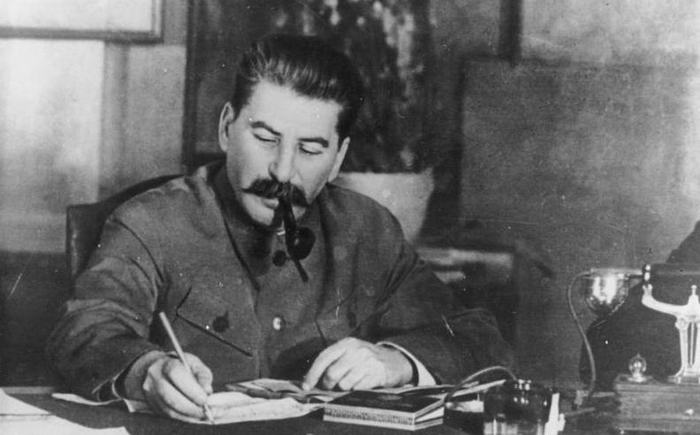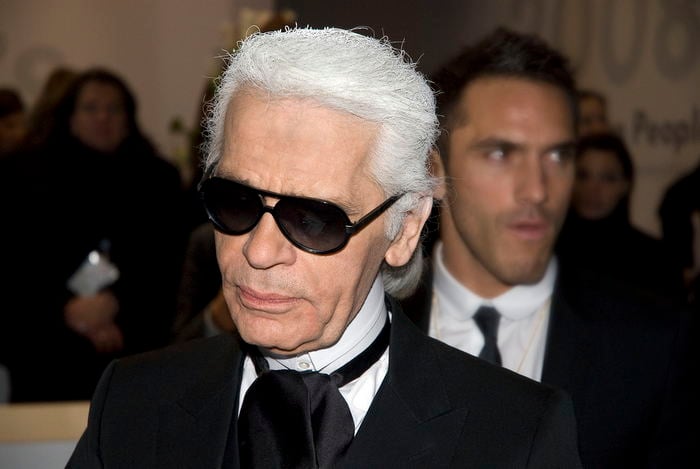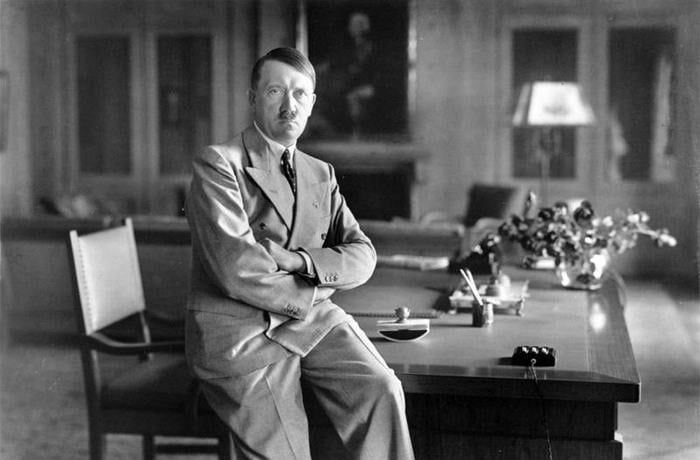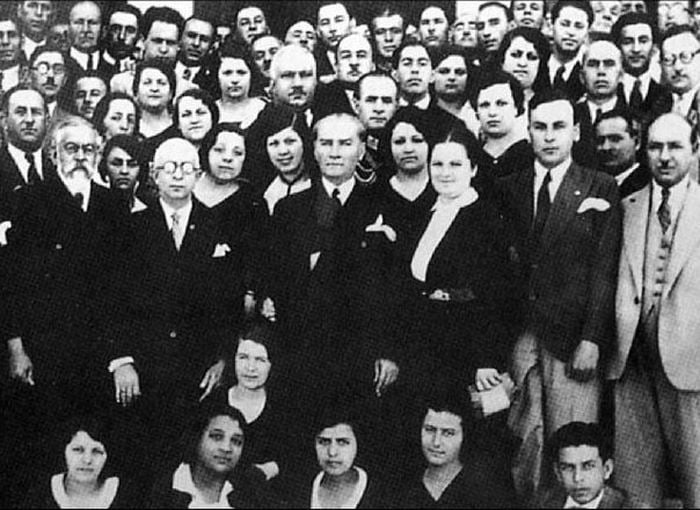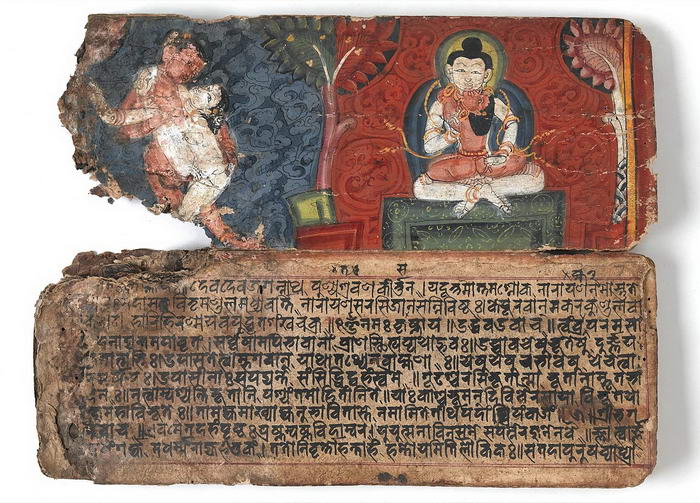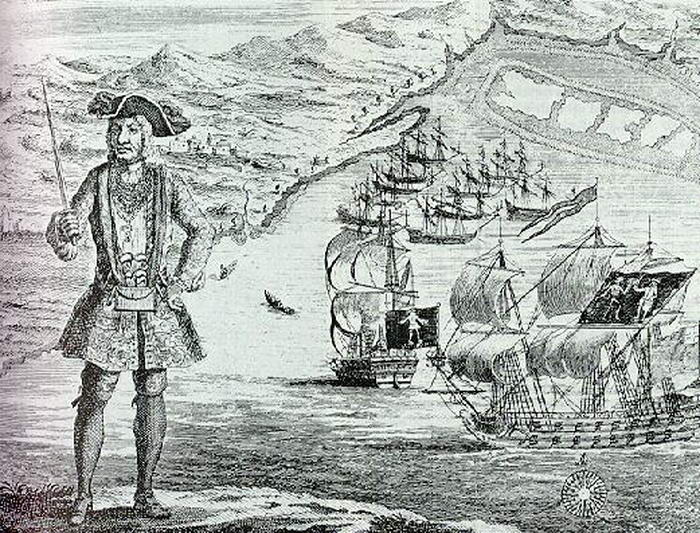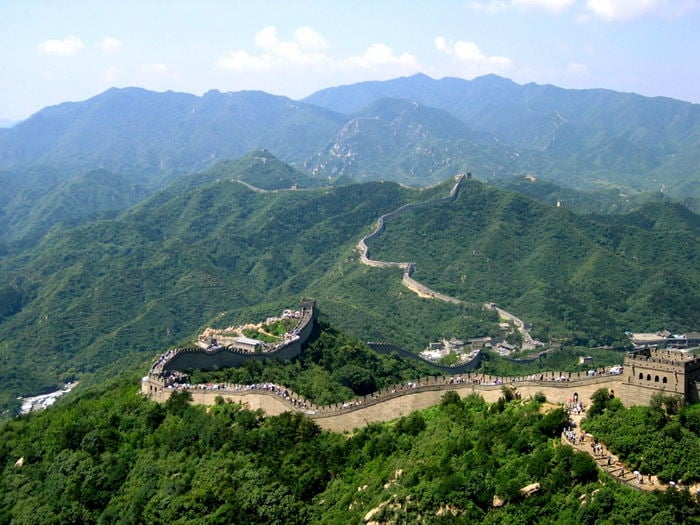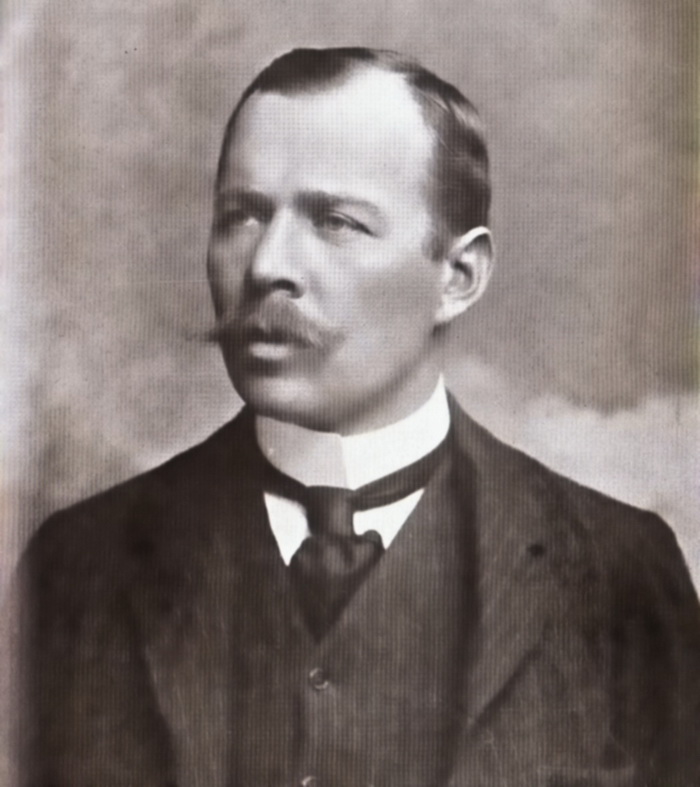Alexander III of Macedon is one of the most famous and respected figures in history, known mainly by his popular name of Alexander the Great. A superb leader and military tactician, his amazing campaigns saw him conquer most of the known world. By the end of his reign, his territory stretched from modern day Greece to North-Western India. This included the conquering of Egypt, Persia and most of Asia which is quite something!
Although this huge Empire was torn apart after his death by civil war and in-fighting, there is no doubt that what he built up when on the throne was simply stunning. Here are ten of the most fascinating facts about Alexander that prove why he was so great!
10 – He Was Tutored By Aristotle When Young
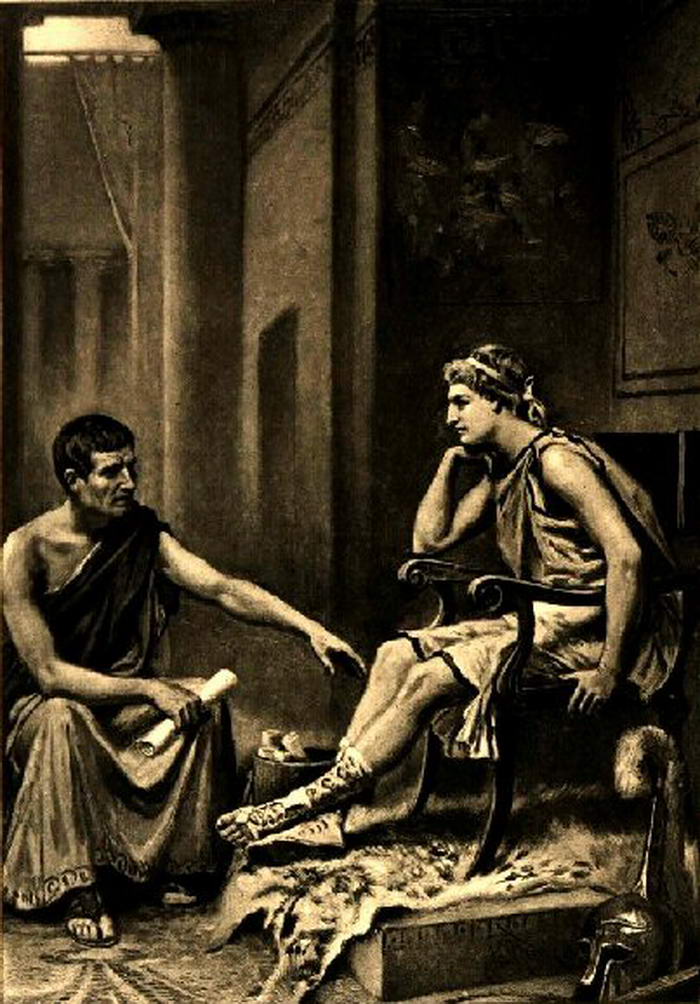
As one of the most famous figures in philosophy, Aristotle was a great choice and a real headline grabbing appointment. In return for this tutoring, Phillip agreed to rebuild Aristotle’s hometown of Stageira for him. This was only fair though as it was Phillip that had burned it down to start with! By the time he had left school, Alexander had been educated in medicine, morals, philosophy and logic amongst other things.
09 – He Had A Famous Run-In With Diogenes
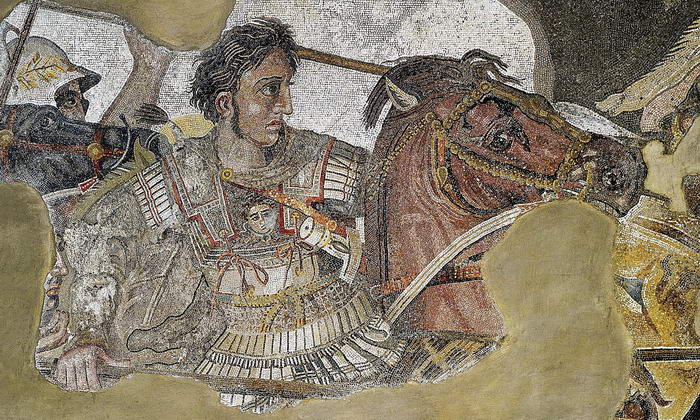
Diogenes was famous for rejecting all social conventions. He spent his time living on the street and sleeping in a large clay jar. He was known as Diogenes the Cynic which gives you an idea of his general world-view. Upon finding him on the sunny pavement of a Greek plaza, Alexander asked Diogenes if there was anything his great riches could do for him. Quickly, Diogenes replied “Yes. Stand aside as you’re blocking my sun.” This reply impressed Alexander and he was reported as saying to friends “If I were not Alexander, I would be Diogenes.”
08 – He Never Lost A Battle
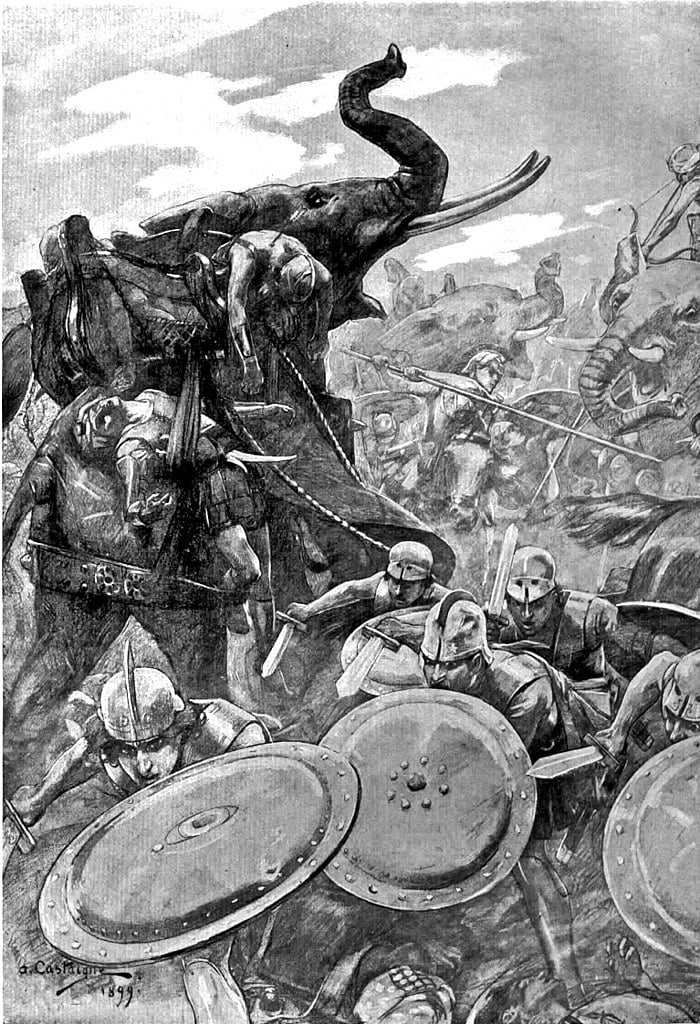
Despite embarking on a 15-year military campaign, he never lost a battle! So good were his tactics and strategies that they are still studied to this day in military schools across the globe. Even more impressive was that his very first victory was at the tender age of just 18.
07 – He Named Many Cities After Himself
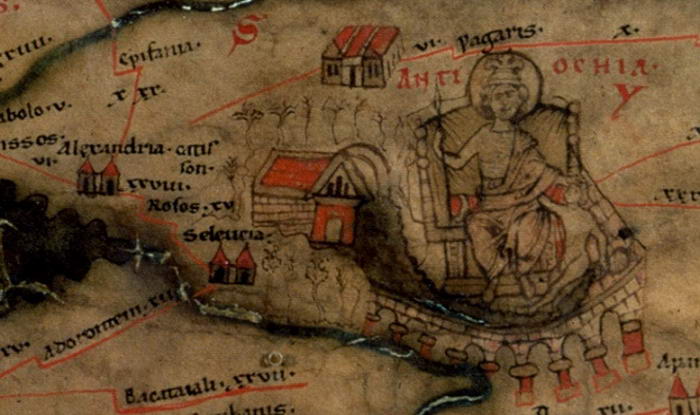
He would usually build up the new cities of Alexandria around the old enemy fortifications although in a bigger and better way. Other countries that he conquered and set an Alexandria up in were Turkey, Iran, Afghanistan and Tajikistan. Although it could be seen as an ego trip on his part, some see it as his attempt to build up a united kingdom through cultural exchange and continuity.
06 – He Had A Wife Named Roxanne
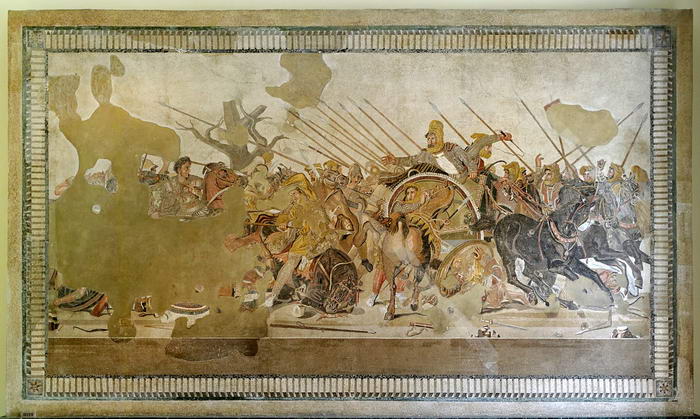
Roxanne was a Sogdian princess, and their marriage was a political alliance between Alexander and the people of Sogdiana. Despite the political nature of their marriage, Alexander and Roxanne are said to have had a genuine affection for each other. Roxanne accompanied Alexander on many of his military campaigns and was a trusted confidant. After Alexander’s death, Roxanne and their son, Alexander IV, were murdered by one of Alexander’s generals, ending the dynasty he had hoped to create. Nevertheless, Roxanne remains a fascinating figure in ancient history and an important part of Alexander the Great’s legacy.
05 – He Smelled Great
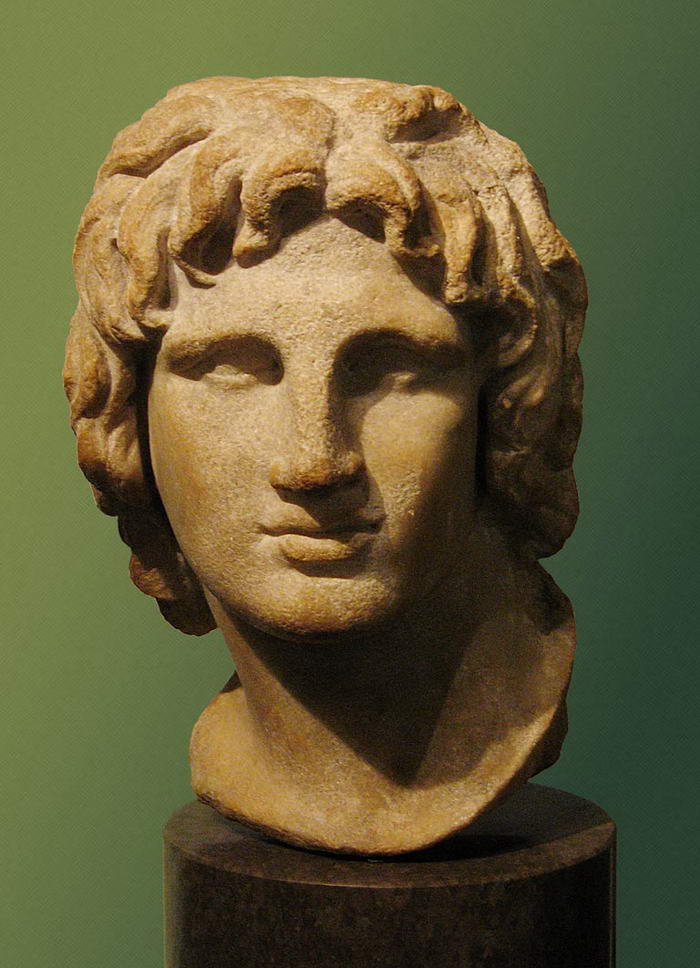
He noted that a “most agreeable odour” came from the King and even his breath smelt fresh. This was obviously a huge bonus for his wife and anyone who spent any time with him when on military campaigns.
04 – After Defeating the Persian’s He Began Dressing Like One
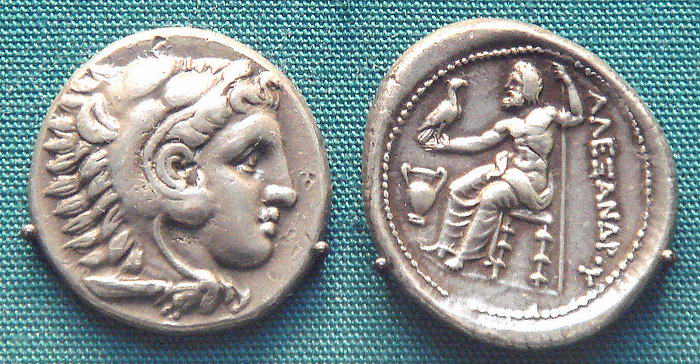
Realising that the best way to appease the beaten Persian’s was to take on their costumes. Alexander began dressing like one himself. He wore the striped tunic, girdle and diadem of the Persian man which, although popular in Persia, did not go down well back home.
03 – After Death His Body Was Preserved In Honey
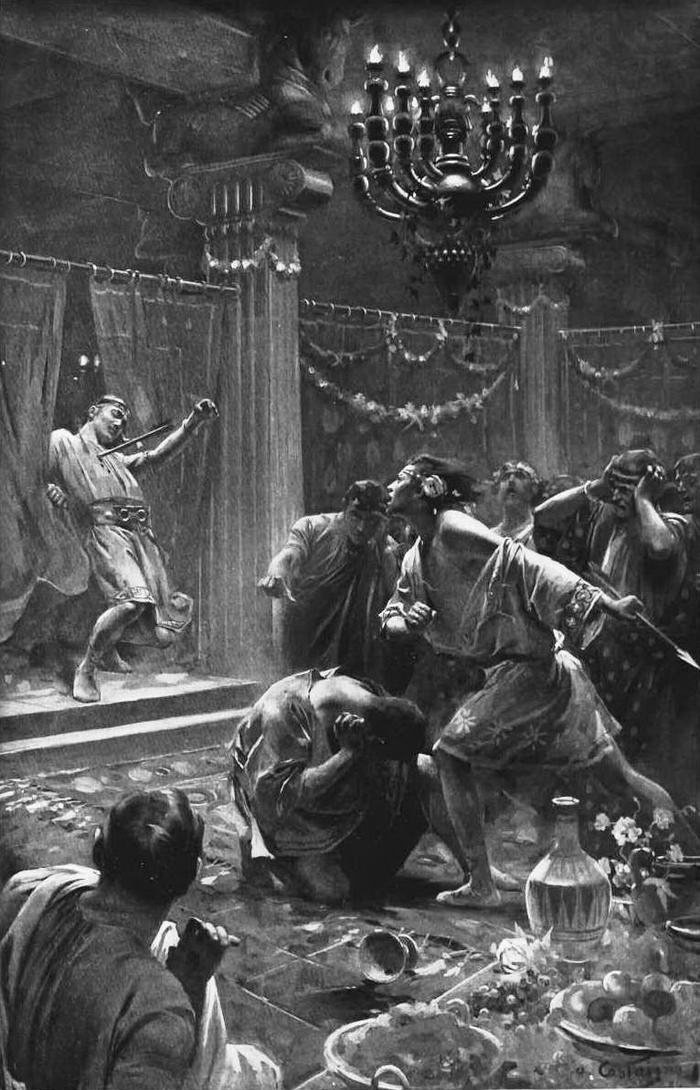
The Egyptian Pharaoh Ptolemy I intercepted the body on its way home and seized it instead. It seems he thought that by controlling the body of Alexander, he would be able to control his whole Empire.
02 – He Took Over From His Father At The Age Of 20
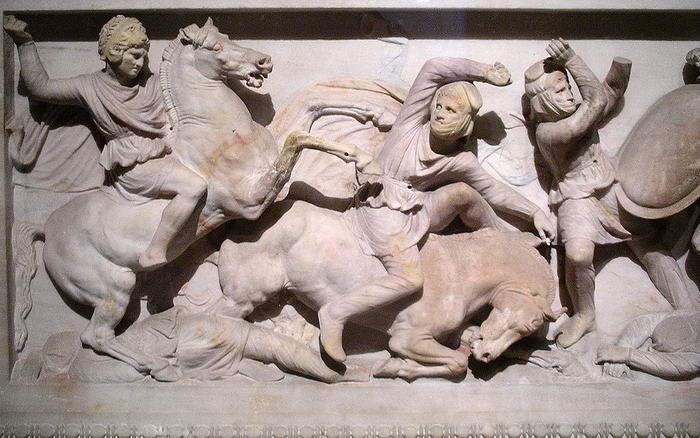
01 – His Death Is Still A Mystery To This Day
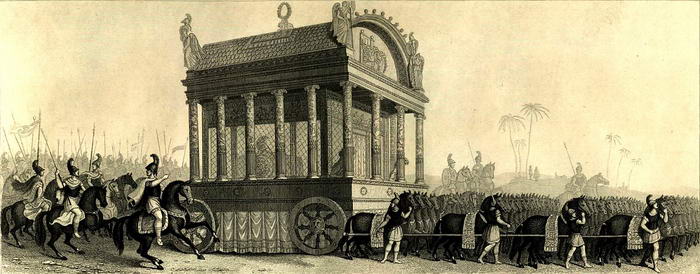
Much suspicion fell on a general Antipater and his son Cassander, who had been at school with Alexander. This was even more so when Cassander ordered the murder of Alexander’s widow Roxanne and his only son. Even more intriguing is that some believe his boyhood teacher Aristotle to be involved also as he had close connections with the General Antipater.
FAQs
Q: What made Alexander the Great such a successful ruler?
A: Alexander’s success as a ruler was due in part to his military prowess. Additionally, his ability to inspire his troops. He was also a master strategist and tactician, and he had a deep understanding of logistics and supply chains.
Q: What happened to Alexander’s empire after his death?
A: Alexander’s empire was divided among his generals after his death, and it eventually fell apart. However, his legacy continued to shape the world for centuries to come.
Q: How did Alexander’s conquests impact the ancient world?
A: Alexander’s conquests helped spread Greek culture and language throughout the ancient world. This led to a period of cultural exchange and synthesis known as the Hellenistic period.
Alexander the Great was one of the most fascinating figures in ancient history. He was a successful ruler, a brilliant military strategist, and a cultural ambassador. Despite his fiery temper and his short life, his legacy continues to inspire and influence people today. Whether you’re interested in history, military strategy, or culture, Alexander’s life and achievements are sure to fascinate and inspire you.


